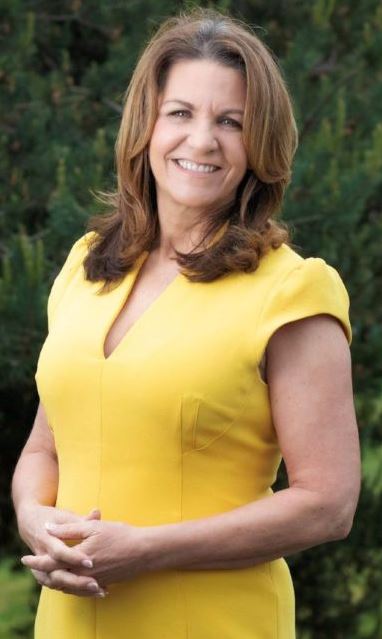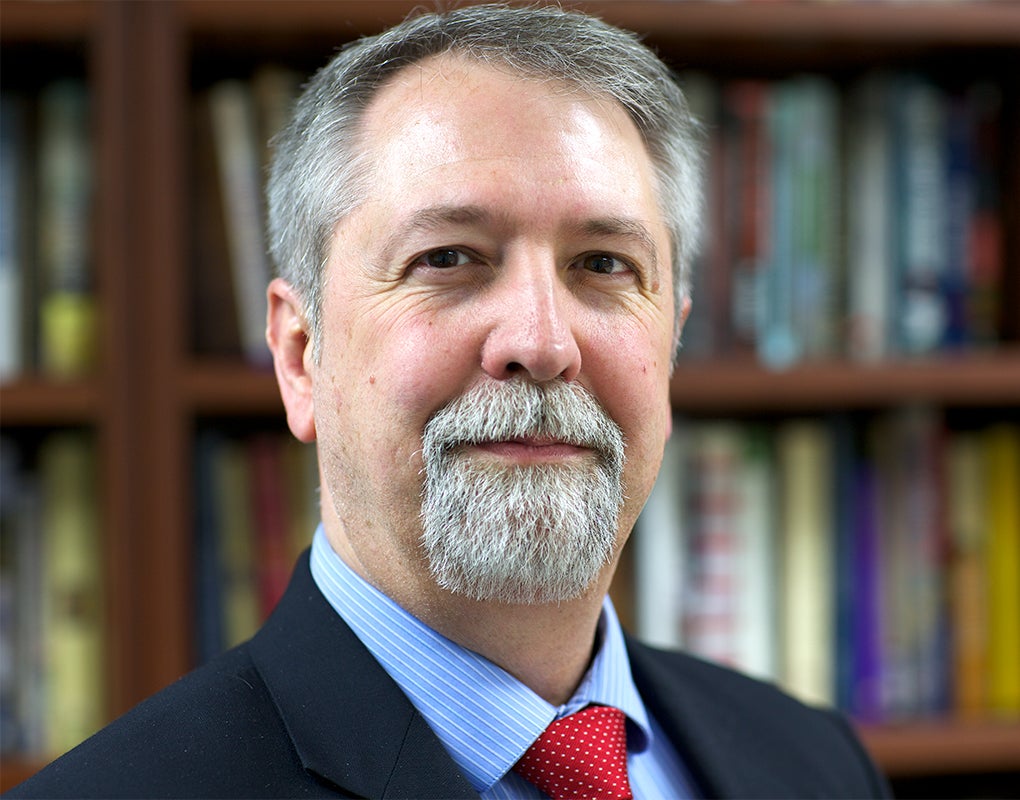A More Perfect Union (AMPU) a Four-Year Success in Rural and Urban California
Posted by Gilder Lehrman Staff on Friday, 07/09/2021
In September 2017, the Gilder Lehrman Institute of American History was the sole recipient of a grant from the US Department of Education to implement A More Perfect Union (AMPU), a professional development program for teachers designed to build history and civics knowledge and provide pedagogical strategies to take back to their classrooms. Significant to the grant and central to the program, AMPU sought to deliver quality, scholarly content that could prove repeatable in both physical workshops and through distance learning for participants in rural areas.
THE AMPU TIMELINE
Implementation began in the 2017–2018 school year in Northern California with Humboldt and Del Norte Counties through professional development workshops. From the beginning, Northern California workshops were held in Humboldt while being simulcast in more rural Del Norte. Humboldt and Del Norte cohorts occasionally met in person during this time as well. The curriculum was integrated in its approach to combining literacy, history, and civics.
In 2018–2019, a Los Angeles contingent was added. The two cohorts in Northern and Southern California ran for the next two years. In response to feedback from elementary schools participating in AMPU, History Essentials, an online professional development program that offers a survey approach better suited to those teaching younger grades, was created. History Essentials is designed to build content knowledge based on current scholarship on six topics ranging from colonial America to the Civil War.
In 2019–2020, History Essentials rolled out over a two-year period with both AMPU cohorts.
By necessity, 2020–2021 was a virtual year due to the pandemic. Both cohorts in Northern California and Los Angeles continued on, as did History Essentials. Because AMPU was always designed to be effective for distance learning, it was easy to convert all the content to a virtual platform.
LEADERSHIP AND RESULTS
Over the course of all four years, in both Northern and Southern California, lead scholars led virtual sessions, with prominent guest scholars, such as David Blight and Peniel E. Joseph, brought in for specific topics.
In addition to lead scholars Gayle Olson-Raymer, Robert Cliver, Suzanne Pasztor, Don Schwartz, and Howard Craig Hendricks, Gilder Lehrman Master Teachers were on the ground to facilitate workshops: Lois MacMillan in Northern California and Lindsey Charron in Los Angeles. District-level cooperation ensured everything ran smoothly from workshop to classroom application, overseen by Jack Bareilles in Northern California and Kieley Jackson in LA.
 Master Teacher Lois MacMillan, who facilitated the analysis of primary source documents presented in each session for the Northern California cohort using the Institute‘s Teaching Literacy through History strategies, reports that AMPU “fostered a deep academic relationship between history teachers based on historical content, historical documents, and pedagogy.” She continues, “Elementary, middle, and high school teachers learned together, which fostered another level of healthy educational pedagogy that crossed levels.” She saw a systemic shift that “fostered a growth mindset within the teachers’ schools and districts.”
Master Teacher Lois MacMillan, who facilitated the analysis of primary source documents presented in each session for the Northern California cohort using the Institute‘s Teaching Literacy through History strategies, reports that AMPU “fostered a deep academic relationship between history teachers based on historical content, historical documents, and pedagogy.” She continues, “Elementary, middle, and high school teachers learned together, which fostered another level of healthy educational pedagogy that crossed levels.” She saw a systemic shift that “fostered a growth mindset within the teachers’ schools and districts.”
Northern Humboldt Union High School District Grants Administrator Jack Bareilles, who proposed the grant’s original idea, co-created the AMPU proposal with GLI staff, and helped lead the Northern California team while working with GLI staff to prepare required reports, notes that the layered approach of AMPU “gave teachers time and support to integrate what they learned from the scholars into their classroom instruction.” Mr. Bareilles noted that “teachers reported how AMPU‘s ongoing support was different and frankly better than traditional one-and-done professional development.”
 Managing the entire program was Tim Bailey, Director of Curriculum Development and Instructional Design at the Gilder Lehrman Institute. According to Tim Bailey, “The program was by all measures, especially as measured by the teachers and its impact on their classrooms, very successful.”
Managing the entire program was Tim Bailey, Director of Curriculum Development and Instructional Design at the Gilder Lehrman Institute. According to Tim Bailey, “The program was by all measures, especially as measured by the teachers and its impact on their classrooms, very successful.”
THE HISTORY ESSENTIALS LEGACY
Part of the original grant stated teachers would engage in additional work outside of the workshops to drill down on content. History Essentials, made possible by federal as well as private funding, met this goal. Some participants used History Essentials (aimed at upper elementary and middle school levels) and some (mainly high school teachers) used Gilder Lehrman Self-Paced Courses to fulfill the requirement of working outside the AMPU training sessions.
The legacy of History Essentials continues, providing strong foundational support that is now available to all teachers. Explore History Essentials here.
GLI continues to offer professional development through both our Teaching Literacy through History as well as our Teaching Civics through History programs.